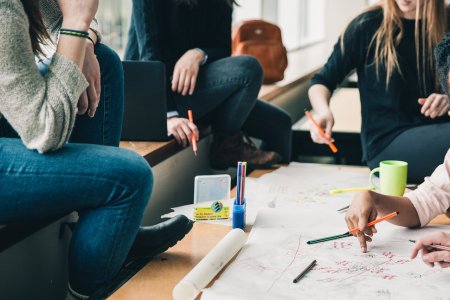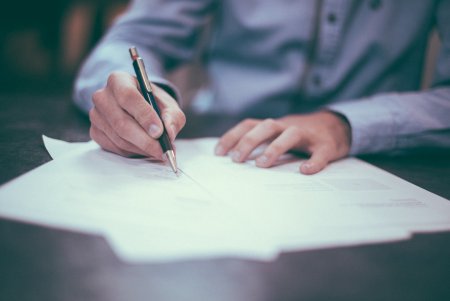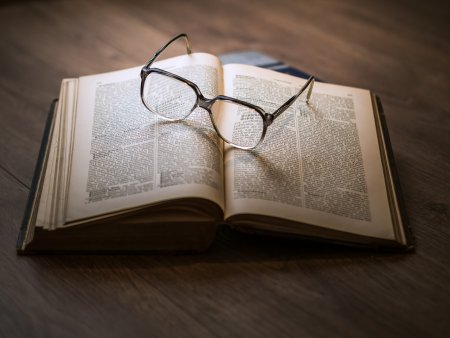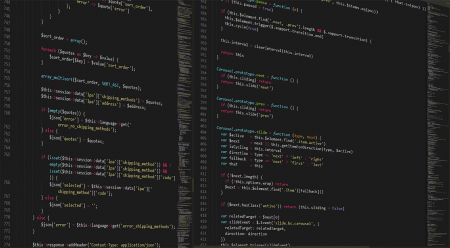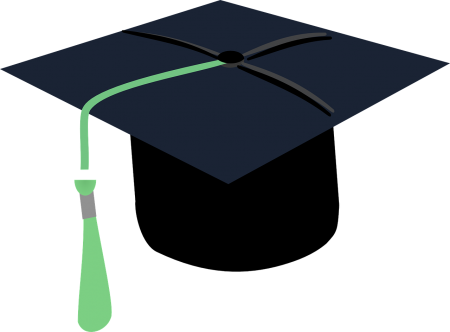Children start school at the age of six in Russia. The
Children start school at the age of six in Russia. The course of studies at school is eleven years now: four years of primary school and seven years of secondary school. Previously it was only ten years: three years of primary school and seven years of secondary school. Children under the age of six are taken to creches and nursery schools. There is a wide choice of schools nowadays: state schools, private schools, lyceums and gymnasiums. The majority of schools is free of charge, but in some (usually private ones) parents have to pay for the education of their children. In ordinary schools parents sometimes pay for additional subjects in the curriculum, such as a foreign language or arts. Though it is generally not a demand, most children can already read and write when they start their school: this makes education much easier for them. In primary school there are three or four lessons a day, they usually are Reading, Writing and Arithmetic. A lesson lasts forty minutes. Dur ing the first term children get used to learning and adapt to school regulations. Beginning with the second term of the first year at school, children also take Handicrafts, Drawing, Music and Physical Educa tion. The list of subjects under study is further extended during the second, third and fourth years and includes the World History of Arts, Fundamentals of Security, History, Geography, and others. At primary schools all lessons are usually conducted by one teacher. At the age of ten children pass to the second stage of education, known as secondary school. In secondary school there is a wide variety of subjects under study, and teachers specialize. The transition from primary to secondary school is sometimes difficult for children. After finishing the ninth form and getting the Certificate of Basic Secondary Education, schoolchildren may either continue their education in the tenth form, or leave school and go to technical (vocational) schools and colleges. After eleven years at school the school leavers take examinations and get the Certificate of Complete Secondary Education. Those who have only excellent marks in the Certificate get a gold medal, which gives the right to enter higher school taking only one examination. The admission to higher school is competitive and based on the system of entrance examinations, usually three or four. During the ex aminations the school leavers must show their abilities in the chosen field. Young people also have an option to get specialized secondary education in vocational schools after leaving the eleventh form. Among higher educational establishments are institutes (colleges), academies and universities. The term of studying in higher school is from four to six years. Students can be involved in scientific research while studying. At the end of their final year at college, university or academy they take final examinations and get a diploma. Besides, they can take postgraduate courses in the chosen field. 1)Give the English equivalents of the following: детский сад; большой выбор; государственная школа; большин ство школ; дополнительные предметы; 1-ая четверть; школь ные правила; включать; изучаемые предметы; выпускники; акаде мия; выпускные экзамены 4)Use the words and word combinations of exercise 3 in the sentences of your own. 5)Find in the text and read the information about the course of studies in Russian schools; pre-primaryeducational establishments; types of schools existing in Russia; lessons in primary school; secondary education; school-leavingexaminations; the admission to higher school; higher educational establishments. 6)Translate the words in brackets into English. 1.(Курс обучения) is eleven years. 2.Children (младше 6 лет) are taken to creches and nursery schools. 3.(Большая часть школ) are free of charge. 4.At the age of six children start (ходить в исходную школу). 5.After (базовой средней школы)young people can enter (техни ческие училища).
Задать свой вопрос-
Вопросы ответы
Статьи
Информатика
Статьи
Математика.
Физика.
Математика.
Разные вопросы.
Разные вопросы.
Математика.
Разные вопросы.
Математика.
Физика.
Геометрия.
